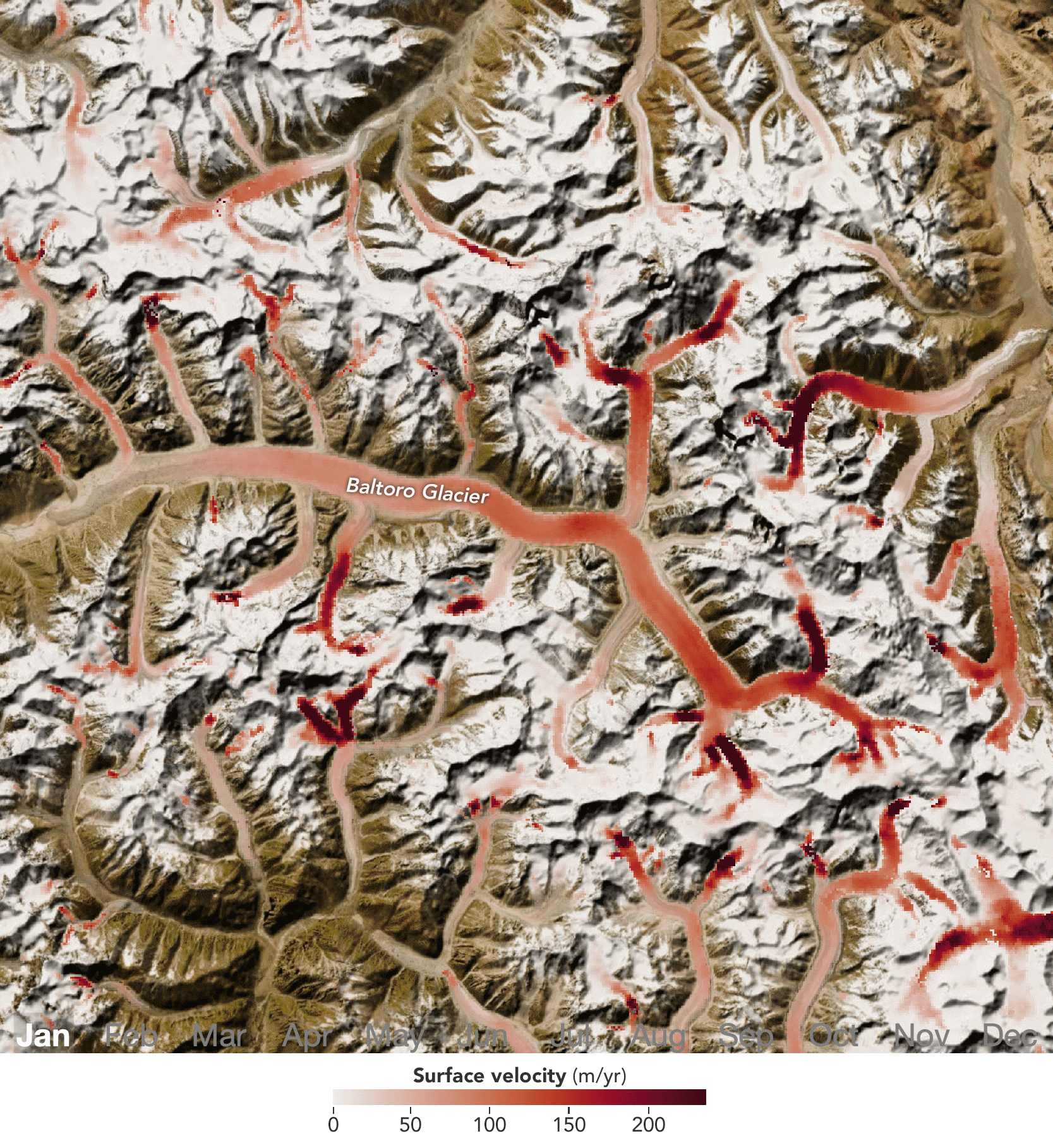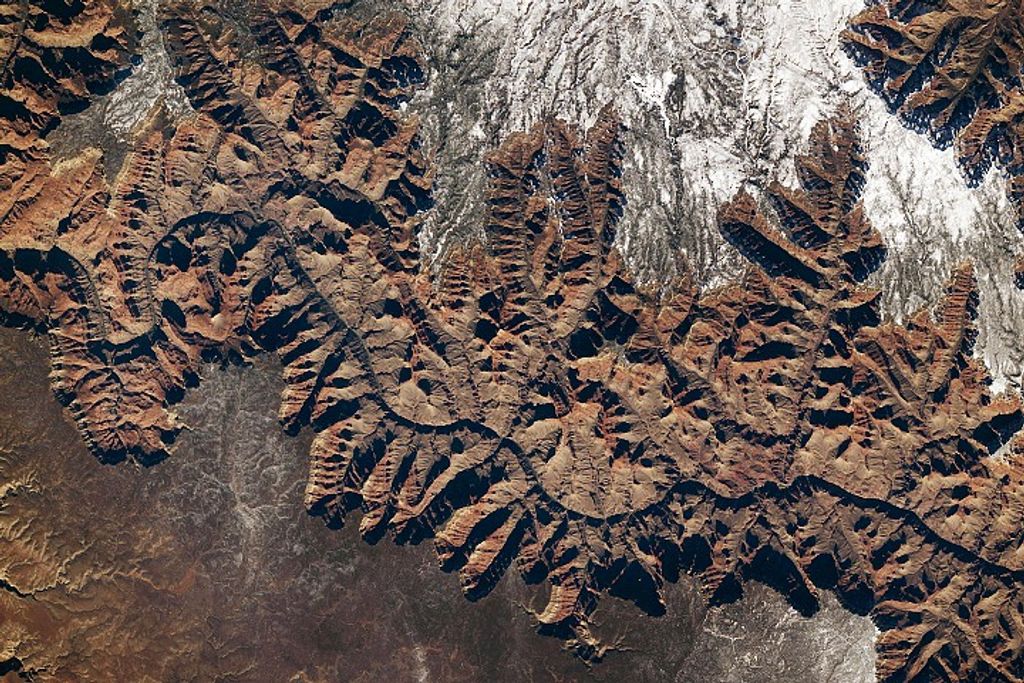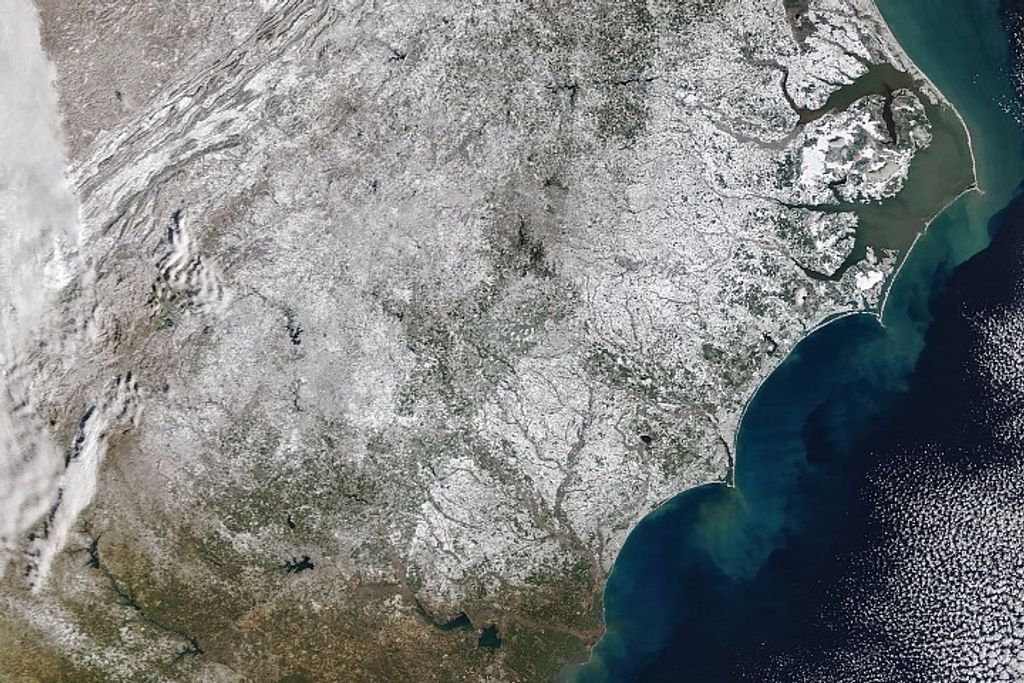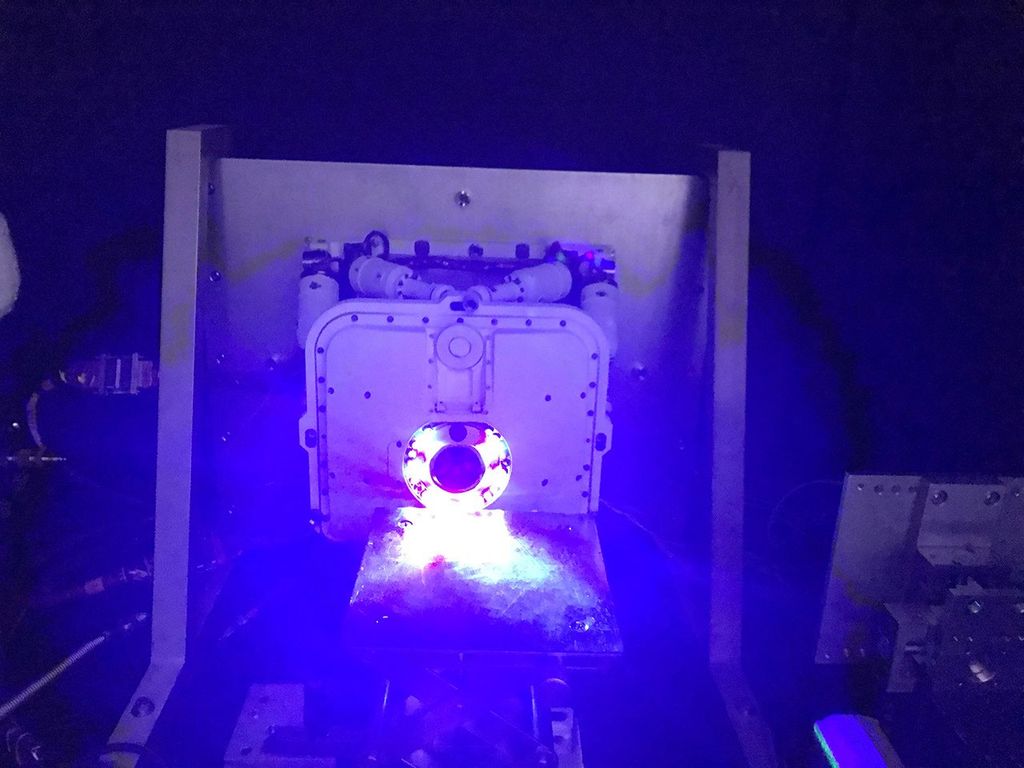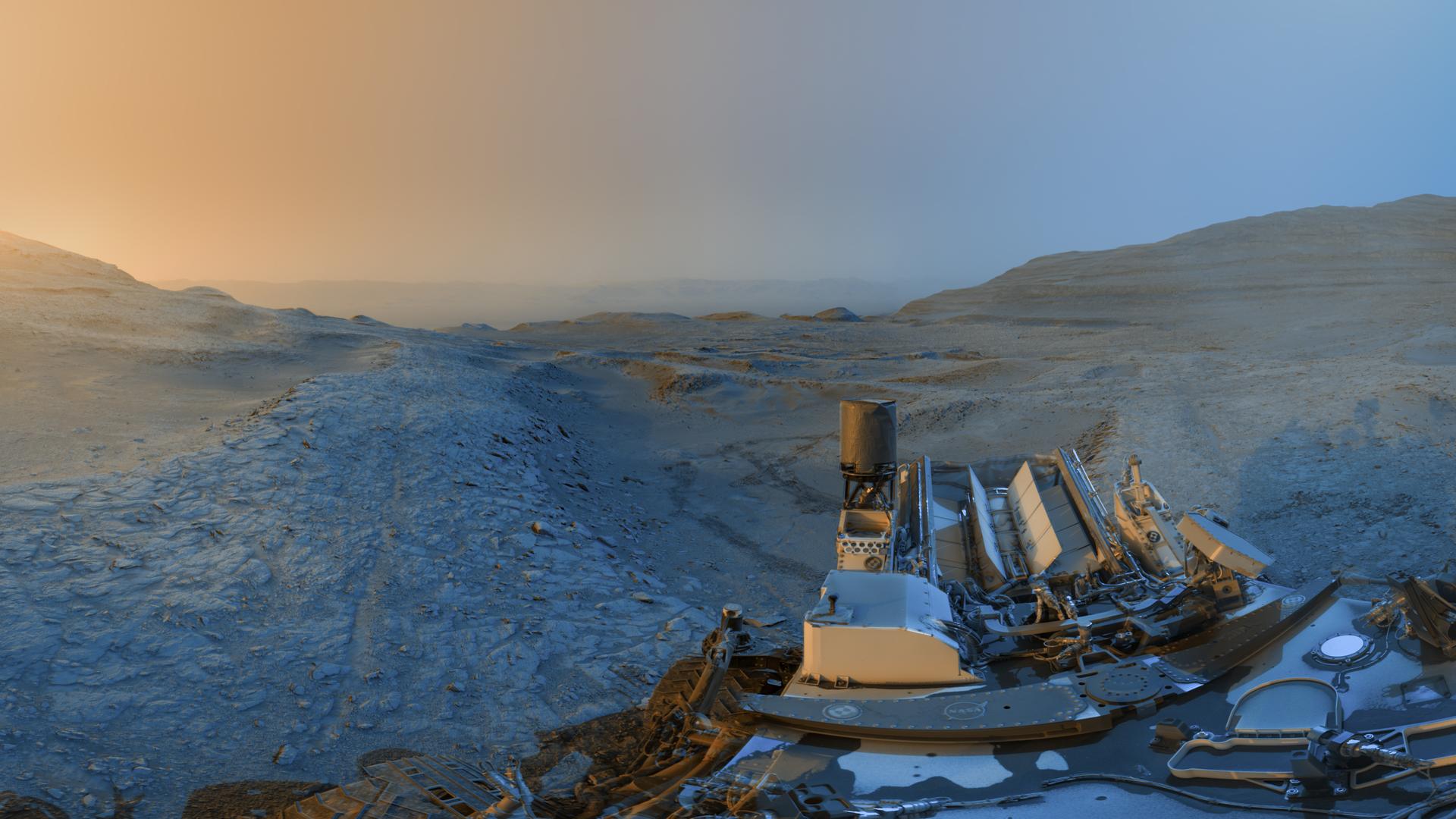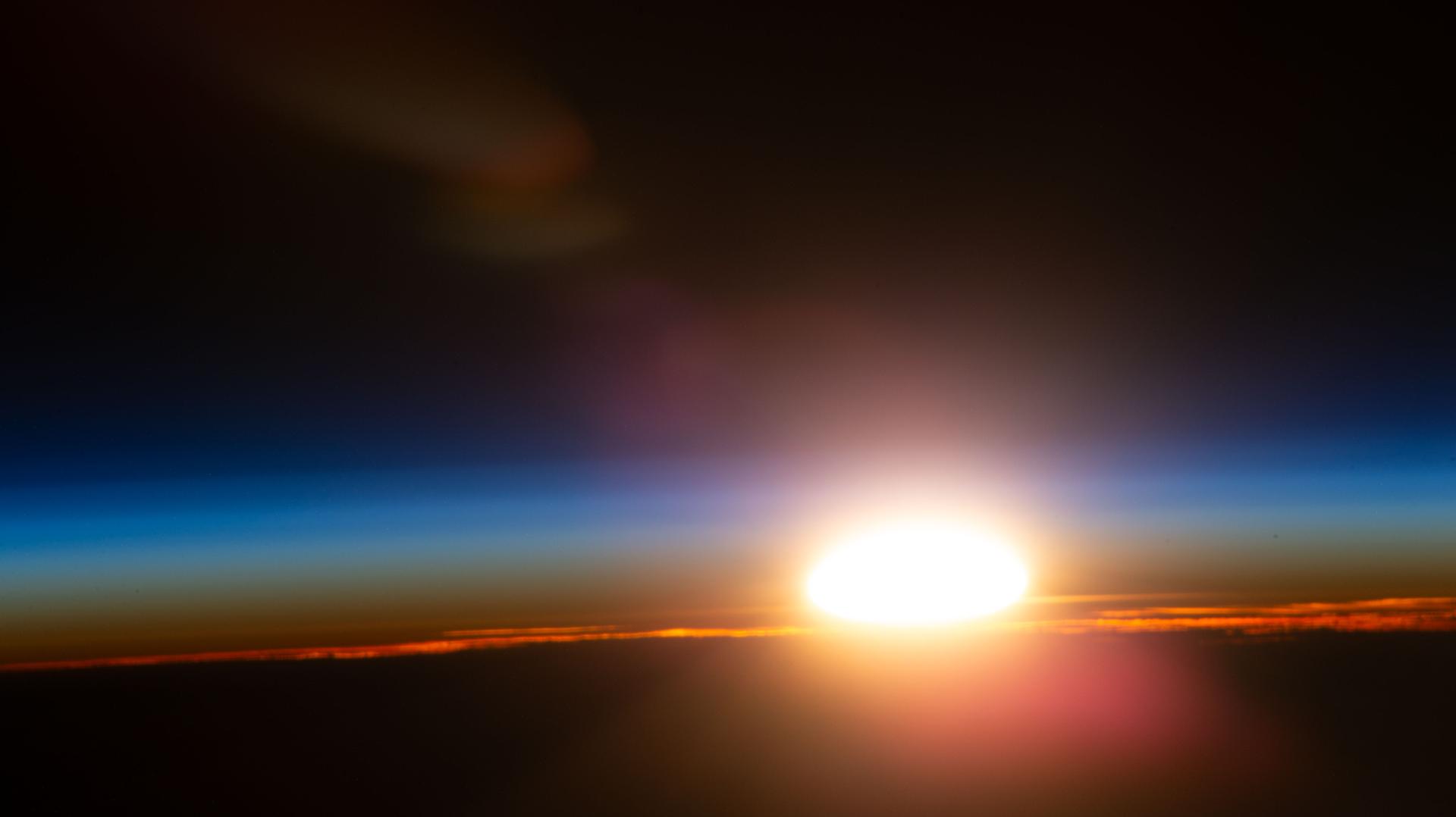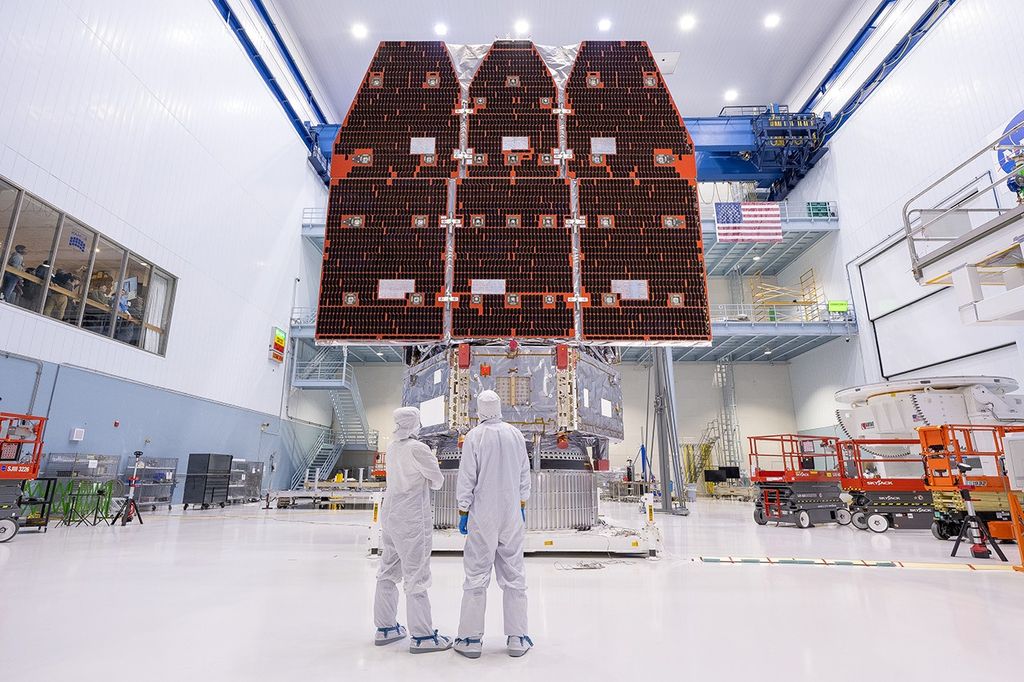
NASA Astronaut Candidate Lauren A. Edgar
NASA Astronaut Candidate
Dr. Lauren A. Edgar
Summary
Lauren Edgar was selected by NASA to join the 2025 astronaut candidate class. She reported for duty in September 2025. The Washington state native holds a doctorate and master’s degree in geology from the California Institute of Technology and a bachelor’s degree in Earth sciences from Dartmouth College. She is an experienced geologist, having worked with the U.S. Geological Survey and NASA before her selection. She has studied the Earth, Moon, and Mars through remote sensing and field techniques to support human and robotic exploration of the solar system. She has more than 17 years of mission operations experience supporting the Mars Science Laboratory and Mars Exploration Rovers. At the time of her selection, Edgar served as the deputy principal investigator for the Artemis III Geology Team, helping to define the lunar science goals and geology activities NASA astronauts will conduct while on the Moon.
Personal
Edgar was born in Washington, D.C., but considers Sammamish, Washington, her hometown. She is married. Her interests include backpacking, running, educational outreach, yoga, kayaking, and outdoor activities with her dog.
Education
She graduated from Skyline High School in Sammamish, and earned a bachelor’s degree in Earth sciences, modified with engineering sciences, from Dartmouth College in 2007. She then studied geology at the California Institute of Technology, earning a master’s degree in 2009 and her doctorate in 2013.
Experience
Before joining NASA, Edgar was a research geologist at the U.S. Geological Survey (USGS), as part of the Astrogeology Science Center in Flagstaff, Arizona. Her work involved studying the Earth, Moon, and Mars through a combination of remote sensing and field techniques to support human and robotic exploration of the solar system. She also led the Terrestrial Analogs for Research and Geologic Exploration Training (TARGET) program at the USGS, which focused on training, research, data archiving, and sample collections to support analog work. Some of Edgar’s projects involved fieldwork in Iceland, Arizona, New Mexico, and Antarctica, as analogs for human missions to the Moon and Mars.
NASA Experience
Edgar’s NASA experience includes research assignments and internships as an undergraduate. She participated in the NASA Academy internship program, was a Space Grant recipient, and flew agency-funded research through NASA’s Reduced Gravity Student Flight Opportunities Program.
Before being selected as an astronaut candidate, Edgar was the deputy principal investigator for the Artemis III Geology Team, helping to define lunar science goals, the geology activities that NASA astronauts will conduct, and science operations planning for NASA’s return to the Moon.
She has more than 17 years of mission operations experience supporting the Mars Science Laboratory (MSL) and Mars Exploration Rovers. She was a participating scientist on the MSL mission at the time of selection. Edgar facilitated geology training for NASA engineers, project managers, astronauts, and mission teams, and she participated in NASA’s Joint EVA and Human Surface Mobility Test Team program and the agency’s Desert Research and Technology Studies in preparation for Artemis missions. A key part of her job was conducting fieldwork in analog environments to understand processes on other planets.
Awards/Honors
NASA’s Johnson Space Center Certificate of Appreciation for outstanding contributions in support of Earth and Planetary Science Training (2019); USGS Star Award (2018); NASA Group Achievement Award: MSL Extended Mission-1 Science and Operations Team (2017); USGS Star Award (2017); United States Japan Foundation, Leadership Program Fellow (USJLP) (2015-2016); NASA Group Achievement Award: MSL Prime Mission Science and Operations Team (2015); NASA Group Achievement Award, Mars Exploration Rover Science and Operations Team (2014); NASA Group Achievement Award, Mars Science Laboratory Science Operations Team (2014); Arizona State University School of Earth and Space Exploration Postdoctoral Fellowship (2012-2014); NASA Earth and Space Science Fellowship (2011-2012); Antarctica Service Medal (2010); Society of Exploration Geophysicists graduate scholarship (2007-2009); Warren Upham Award for Outstanding Senior Honors Thesis, Dartmouth College (2007); NASA Academy Goddard Space Flight Center Research Award (2006); Society of Exploration Geophysicists undergraduate scholarship (2003-2007); New Hampshire Space Grant recipient (2004-2007).

